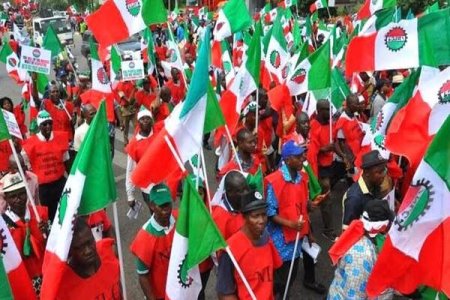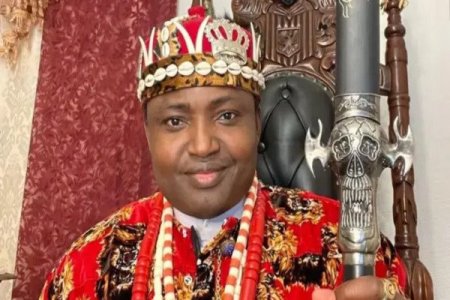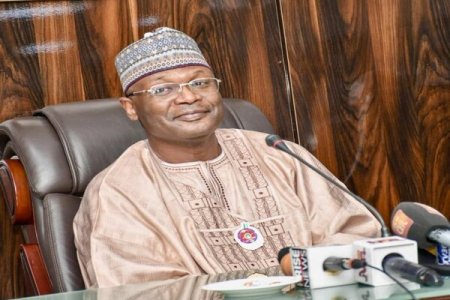
The federal government and labour unions agreed on a new minimum wage above ₦60,000, sparking mixed public reactions over the compromise.
The agreement between the federal government and organised labour to peg the new national minimum wage at over ₦60,000 has sparked mixed reactions across Nigeria. While the deal represents a significant increase from the current ₦30,000 minimum wage, it falls far short of labour's initial demand for a ₦400,000 minimum pay, prompting criticism that the compromise failed to adequately address the cost-of-living struggles faced by many Nigerian workers.
After a six-hour emergency meeting on Monday, the government and labour leaders reached an agreement to resolve the ongoing nationwide strike. The Secretary to the Government of the Federation, George Akume, announced the President is "committed to establishing a National Minimum Wage higher than ₦60,000" and that a tripartite committee will meet daily this week to finalize an "agreeable" figure.
Labour leaders like the Nigeria Labour Congress (NLC) president agreed to convene meetings of their organs to consider the new offer. No worker would face victimization for participating in the strike under the deal's terms.
While the promised minimum wage over ₦60,000 represents a raise from the current ₦30,000, it is a major concession by labour from their initial ₦400,000 demand that had triggered protests and strike action.
"The compromise is deeply disappointing," said Abdul Rasheed, a civil servant in Abuja. "How can anyone survive on just ₦60,000 in this economy? This so-called deal has failed to address our realities."
However, others saw the agreement as a hard-fought but necessary resolution to end disruptive strikes. "It's not the ₦400k we wanted, but it's still a significant increase that will help workers," said Lagos factory employee . "Sometimes you have to be realistic in negotiations."
As the dust settles, all eyes are on the upcoming meetings of labour organs like the NLC to determine if they ratify the deal. Any rejections risk prompting a return to strikes and further economic instability.





